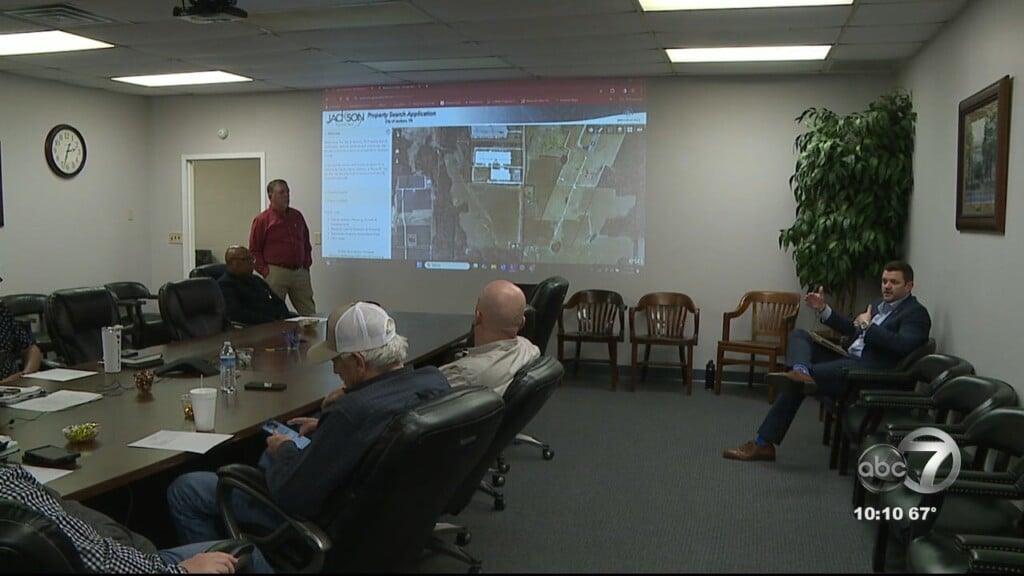What the Tech: Tech and government shutdown
When we hear “government shutdown,” most people think of federal workers being furloughed, closed national parks, or delayed paychecks. But a shutdown also has an impact you may not expect on your phone, your computer, and even the websites and apps you use every day.
During a shutdown, thousands of federal employees are furloughed. That means some .gov websites may stop updating, and some could even go offline completely if there’s no one available to maintain them. That can affect everyday services like food safety alerts from the USDA, passport and visa applications, and NASA updates. If you try to visit those sites, you might find outdated information or nothing at all.
Some critical services keep running. Social Security checks are still delivered, TSA agents and air traffic controllers continue working, and Medicare payments continue. But tech support for these systems may be limited. That can mean longer wait times at airports, slower responses to online questions, and delays in processing requests.
The biggest tech concern during a shutdown isn’t just government websites going dark. It’s scammers. Whenever people are anxious about benefits or tax refunds, criminals see an opportunity. Expect fake emails and texts that say things like “Click here to keep your Social Security active” or “Re-enter your banking information for your tax refund.” These messages look convincing, but they are scams. Government agencies will never text you asking for your login, Social Security number, or money. If you get a message like that, delete it immediately.
If you want to know what’s open and what’s not, follow the official social media accounts of agencies you rely on. Most remain active during a shutdown, even if the websites are not updated as often. Just remember you may see fewer posts until the government is funded again.
Even if you are not planning a trip to a national park or waiting on a government paycheck, a shutdown can still affect you. You might notice missing updates on federal websites, slower tech support, and a surge of scams targeting your inbox and phone. The safest approach is simple.
Do not click on links in suspicious messages. Do not share personal information by text or email. When in doubt, type the official government website into your browser directly.
A government shutdown may feel like politics in Washington, but it can hit home in ways that are easy to overlook, especially when it comes to technology.
For more U.S. news, click here.












